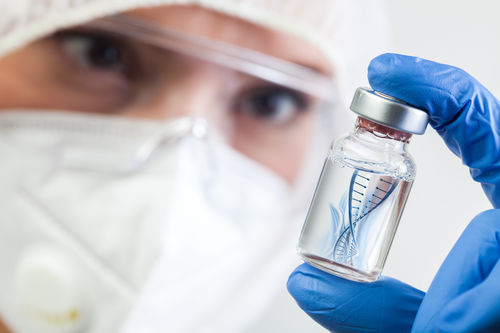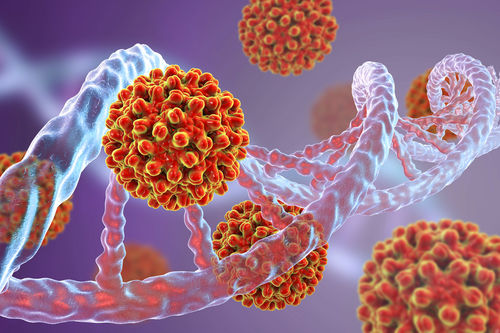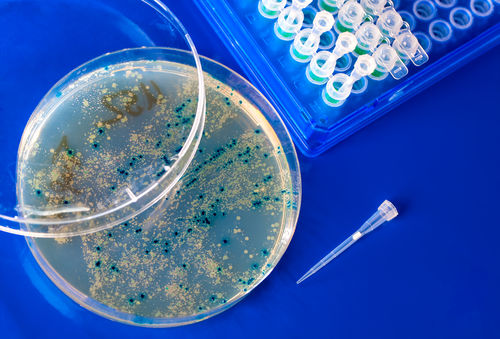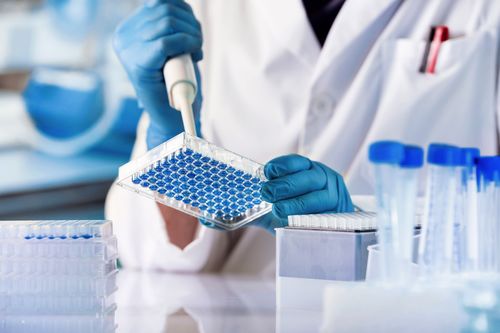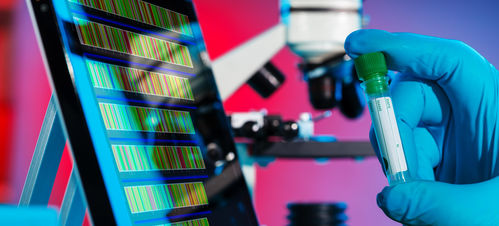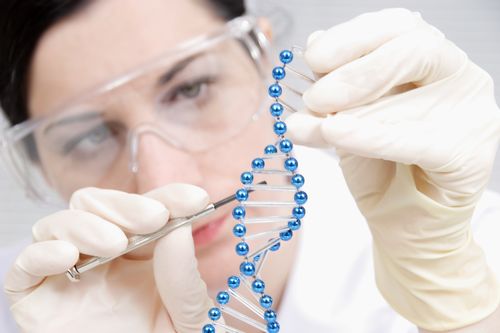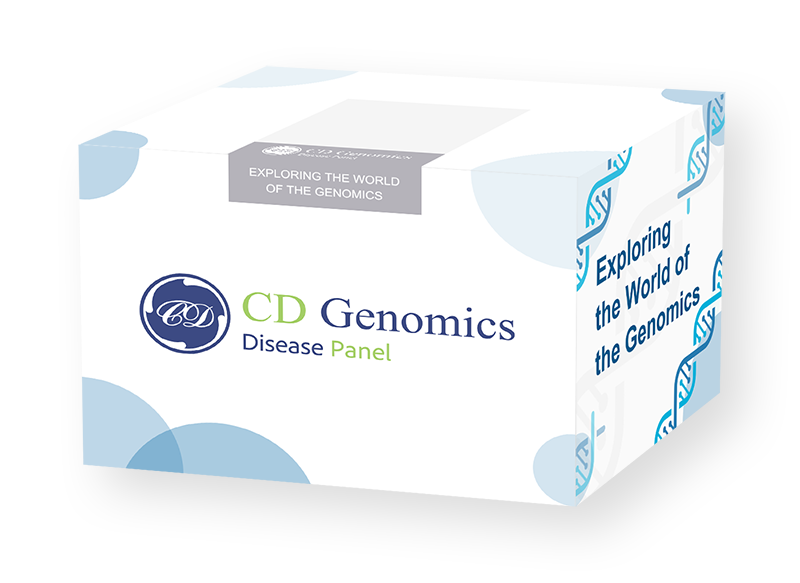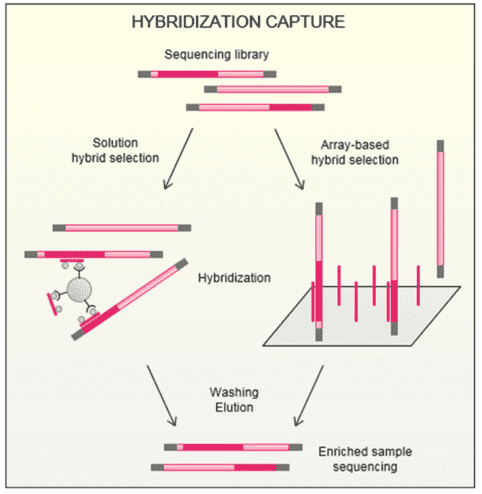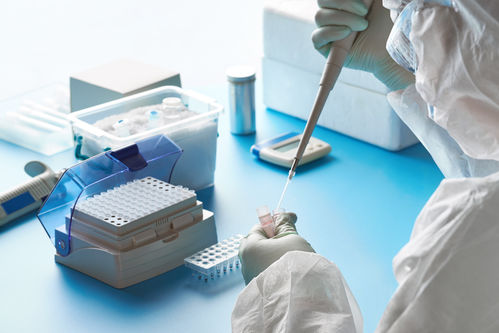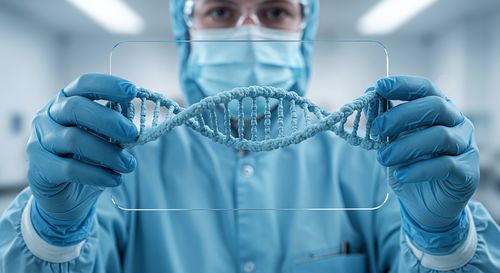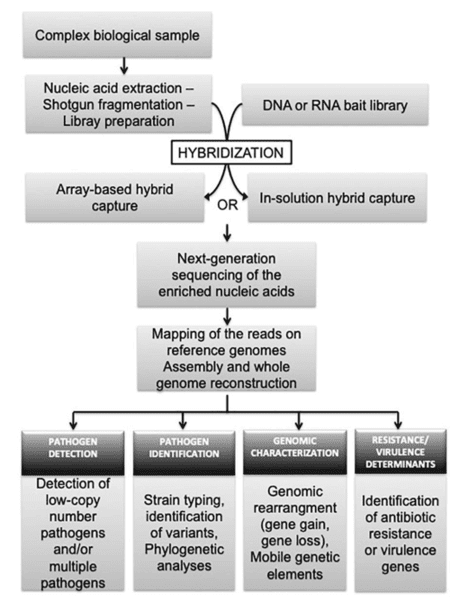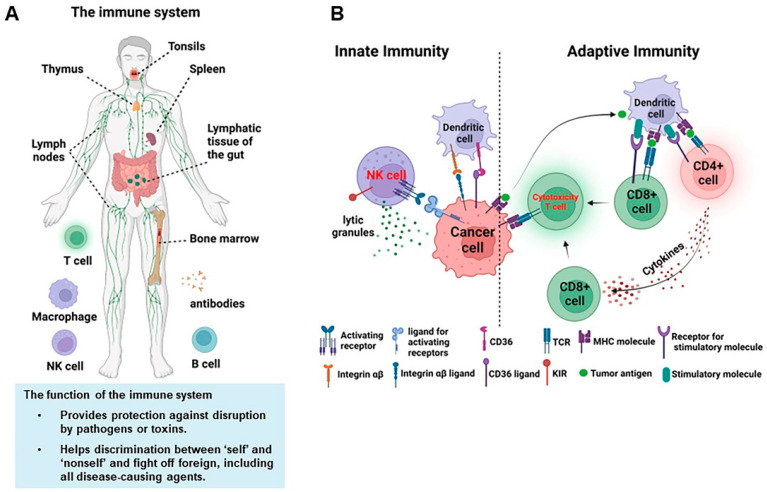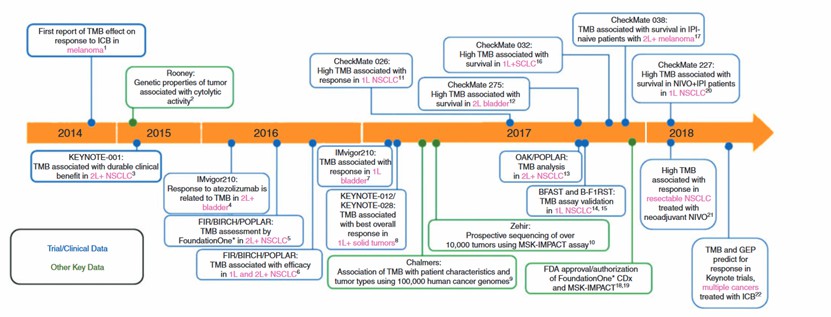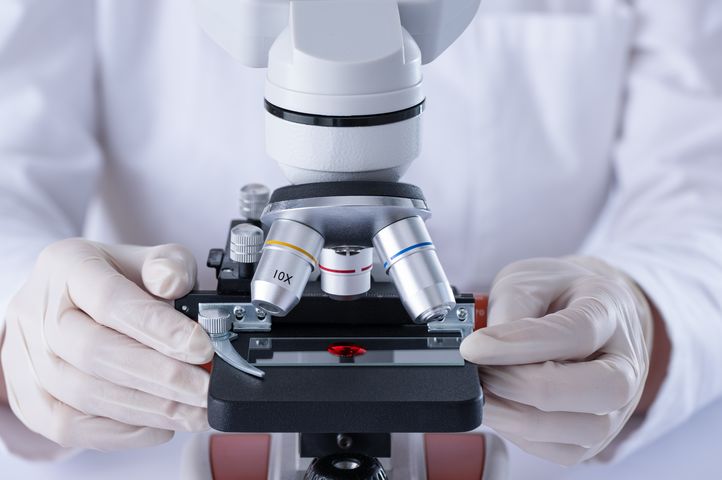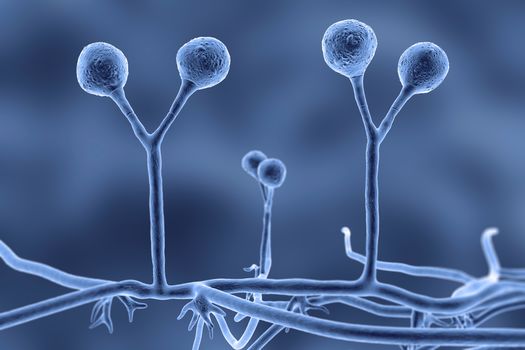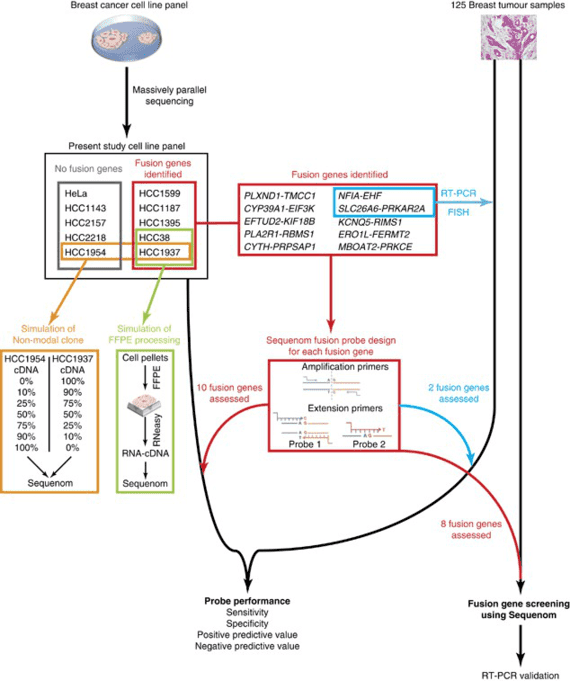Custom Congenital Myasthenic Syndrome Panel

What is congenital myasthenic syndrome?
Congenital myasthenic syndrome (CMS) is a group of conditions characterized by muscle weakness that worsens with physical exertion. Symptom of muscle weakness usually begins in early childhood but can also happens on adult. CMS usually affects facial muscles, like the muscles that control the eyelids and move the eyes, and the muscles used for chewing and swallowing. In fact, any of the muscles used for movement can be affected in this condition. Affected infants may have feeding difficulties due to muscle weakness. Congenital myasthenic syndrome always gets worse triggered by fever or infection. Fortunately, CMS is curable and the incidence is low. Studying the genes related to CMS can accelerate your disease mechanism research, biomarker discovery, and targeted drug development.
Disease-related gene description
Congenital myasthenic syndromes are rare and caused by mutations in genes that encode proteins necessary for neuromuscular transmission. It is well known that CHAT encodes the choline O-acetyltransferase. The mutations in CHAT can affect the conversion of choline and acetyl-CoA to acetylcholine subsequently, causing the greatly reduced release of acetylcholine to the neuromuscular junction, and resulting in the failure of appropriate neuromuscular transmission. GFPT1 is involved in the synthesis of UDP-GlcNAc, which is a nucleotide sugar used as a building block for glycosylation pathways of acetylcholine. The mutations in GFPT1 cause the abnormal glycosylation of acetylcholine receptor subunits, leading to the failure of neuromuscular transmission. COLQ encodes the triple-stranded collagenic tail thats include an N-terminal proline-rich attachment domain. ColQ anchors in the synaptic space, extend the lifespan of Ach in synapse space. Mutations of COLQ cause the nerve terminals to be abnormally small and curtail the number of Ach available for release, which leads to CMS. SLC25A1 is a mitochondrial citrate carrier which mediates the exchange of citrate/isocitrate with cytosolic malate. Mutations in the SLC25A1 are associated with severe neurometabolic disease. Research has found three unrelated CMS families carrying the same missense mutations in SLC25A1, presenting with a similar phenotype, confirming the association between genotype and phenotype.
Custom congenital myasthenic syndrome panel offers but are not limited to:
-
Automation and high-throughput amplicon sequencing by Illumina MiSeq system/Ion PGM system is provided.
-
Only sequencing the customizable congenital myasthenic syndrome panel meets your requirements, increases throughput and saves costs.
-
Strict quality control throughout the pipeline workflow ensures the accuracy and repeatability of the sequencing.
-
Every detected genetic variant will be further validated to ensure the validity of results.
-
Genes in congenital myasthenic syndrome gene list are selected from authoritative databases and current literatures.
-
You can choose the panel content from our congenital myasthenic syndrome gene library, and we can also discuss your specific requirements to provide you with your own customized panel.
Choose the genes that suit you from the congenital myasthenic syndrome gene list.
| AGRN |
ALG14 |
ALG2 |
| CHAT |
CHRNA1 |
CHRNB1 |
| CHRND |
CHRNE |
COLQ |
| DOK7 |
DPAGT1 |
GFPT1 |
| GMPPB |
LAMB2 |
LRP4 |
| MUSK |
PLEC |
PREPL |
| RAPSN |
SCN4A |
SLC5A7 |
| SNAP25 |
SLC25A1 |
|
Specimen requirements of our custom congenital myasthenic syndrome panel
- Specimen: blood, saliva or extracted DNA (we do not accept DNA samples isolated from FFPE tissue).
- Volume: 2-5 mL blood, 2 mL saliva, 3ug DNA.
- Collection: blood is collected by routine blood collection and saliva is collected by saliva collection kits (kits are available upon request). DNA samples are stored in TE buffer or equivalent.
- Container: lavender-top (EDTA) tube or yellow-top (ACD) tube.
- Storage/transport temperature: room temperature.
Gene panel workflow

For more information about the Custom Congenital Myasthenic Syndrome Panel or need other amplification requirements, please contact us.
References:
- Lorenzoni P J, et al. Congenital myasthenic syndrome: a brief review. Pediatric neurology, 2012, 46(3): 141-148.
- Belaya K, et al. Mutations in GMPPB cause congenital myasthenic syndrome and bridge myasthenic disorders with dystroglycanopathies. Brain: a journal of neurology, 2015, 138(9): 2493-2504
- Engel A G, et al. Congenital myasthenic syndromes: pathogenesis, diagnosis, and treatment. The Lancet Neurology, 2015, 14(4): 420-434.
- Balaraju S, et al. Congenital myasthenic syndrome with mild intellectual disability caused by a recurrent SLC25A1 variant. European journal of human genetics, 2019, doi: 10.1038/s41431-019-0506-2
- Gonzalez Garcia A, et al. Novel PLEC gene variants causing Congenital Myasthenic Syndrome (CMS). Muscle & nerve, 2019. doi: 10.1002/mus.26703
* For research purposes only, not intended for clinical diagnosis, treatment, or individual health assessments.
Related Services
Related Products
Related Resources


